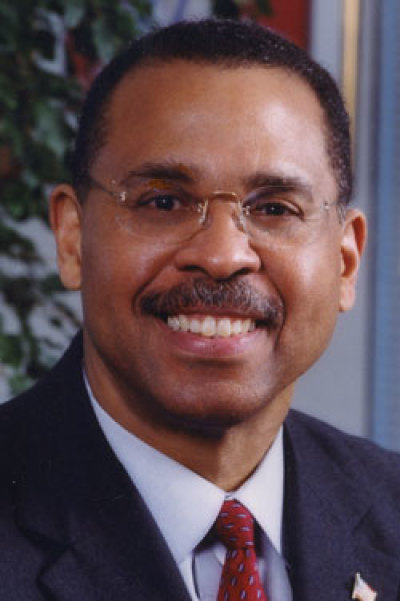Protecting Elections From Cheaters Isn't Racist

Again state legislatures have approved new rules to prevent election fraud. Again federal courts have struck the laws down. Much of America's political and legal establishment is resolutely opposed to election integrity. It makes you wonder what they believe democracy is all about.
Obviously, there is no excuse for racial discrimination. But protecting elections against cheating has nothing to do with race. Democracy doesn't work unless the votes are counted accurately.
There has been election fraud as long as there have been elections. Great Britain was the fount of parliaments around the world, but it was infamous for such abuses as "rotten boroughs." It took centuries to clean up the process, and even today many parliamentary districts are unfairly drawn.
The U.S. long suffered through manifold abuses of ethnic and urban "machines." Party bosses ruled in Chicago, New York City, other big cities, and even some rural areas.
They continued to manipulate elections into the 20th century. Lyndon Johnson was known as "Landslide Lyndon" because of his narrow victory in a fraud-tainted Senate primary. The Illinois cemeteries voted in 1960, propelling John F. Kennedy into the White House. While Republicans were not blameless, Democratic organizations were far more effective at subverting democracy.
Still, one would expect America to have put such problems behind us by the 21st century. After all, Washington officials circle the globe promoting democracy. They act as if they believe in the process. You would think they would guarantee honest elections at home.
However, the credibility of U.S. diplomats is our least important concern. All Americans have an interest in the integrity of the system that selects those who make and enforce our laws.
Government impacts all of our lives. We all deserve an equal opportunity to choose our leaders and influence public policies. Election fraud cheats Americans of their basic rights as citizens in a democracy.
Indeed, the moral authority of democracy is based on the fact that it is the only system based on the consent of the governed. But that is true only if the poll is free, fair, and accurate.
Which in turn means that only registered voters should be able to vote, and vote just once. Election integrity isn't an attempt to discourage legitimate votes. It is a mechanism to ensure that all votes are legitimate.
But passing the right laws is not enough to safeguard American democracy. We need a revival of civic commitment and involvement. A democracy depends not just upon process, but people.
The best safeguard for a republic like our own is participation. Disappointment with politicians has made Americans understandably cynical. Many are tempted to give up. Especially this year.
But failing to vote doesn't stop bad people from running. Staying home makes it more likely that bad people will not only run but win.
Good citizens who give up also make close outcomes more likely. And close elections are the easiest to steal.
Obviously, there will always be tight races and narrow victories. But the best way to thwart election fraud is for more people to vote legally. Any attempt at election fraud will have less impact as the number of valid votes increases. Cheaters thrive when good people stay home.
That is obviously the case at the local level where contests sometimes are decided by just a few votes. But it also is the case at the presidential level.
No amount of election shenanigans could have overturned the landslides enjoyed by Ronald Reagan in 1980 and 1984. In contrast, the 2000 recount in Florida took so long because the outcome was so close in one state, which decided the presidential race. The problem turned out to be incompetence rather than fraud, but the experience was similar. Americans divided bitterly over whether their democratic decision had been thwarted or affirmed.
There are many issues of concern this election cycle. One of the most important is election integrity, even though it has received virtually no media attention. Indeed, the little notice that it receives tends to be negative, as the Democratic coalition and its journalistic allies do their best to block efforts to ensure an honest vote.
We need a renewed campaign to protect election integrity. Legislators should adopt the old Reagan principle: trust but verify.
All legally registered voters should vote, but only registered voters should vote. Election officials should be able to verify that only legally registered voters vote. We also need judges willing to sustain these efforts.
The Constitution can survive only if the people retain ultimate authority over their government. And that is based on their right to choose those who govern. Without free and honest elections, republican government cannot survive.



























